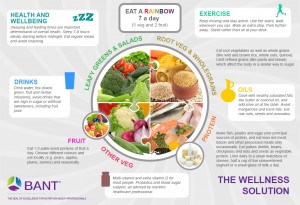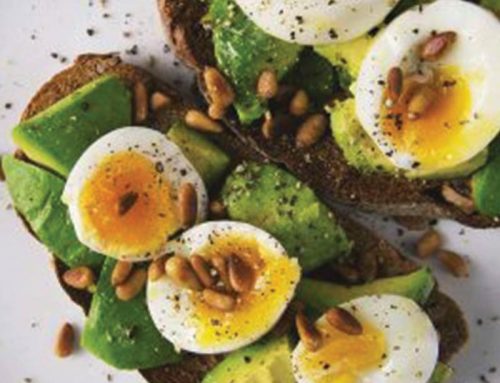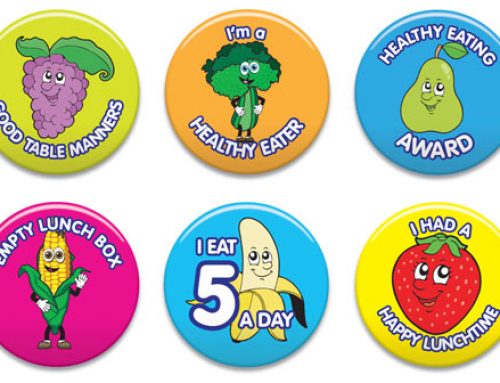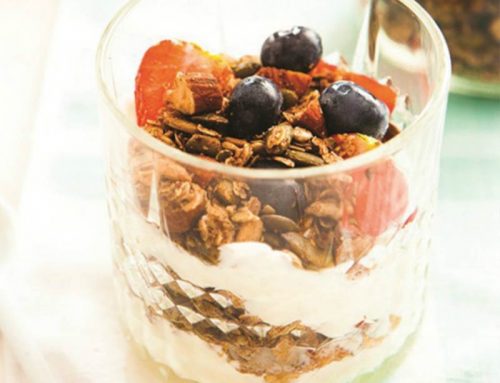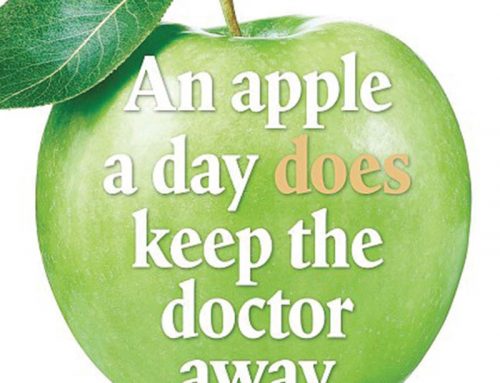Diet tips to boost mood naturally & reduce anxiety
Most of us view food as fuel, it’s what gives us energy to function throughout the day. We’re conscious of how our diet impacts our weight and physical health, however, many of us underestimate the impact our diet has on our mental health. Along with exercise, quality sleep and stress management, getting the right balance of nutrients in the diet can go a long way towards balancing your mood and anxiety levels. And this can be achieved by making small, simple tweaks to your diet:
Nutritionally Balanced Diet: First and foremost, eating an overall balanced diet is key. This starts with eating nutritionally balanced meals. So at meal times it’s important that you include a portion of protein along with complex carbohydrates and plenty of vegetables.
Protein – Including protein rich foods at meal times (e.g. eggs, chicken, fish, beans, nuts) is very important because protein contains the amino acid tryptophan which is the building block for serotonin production, a brain chemical that promote a feeling of well-being. If you have low levels of serotonin, it can lead to low mood, anxiety and poor sleep.
Protein also helps us to feel full & satisfied as well as keeping our blood sugar levels stable which is important for mood balance. Aim to fill one quarter of your plate with protein rich foods.
Complex Carbs: Including complex carbohydrates into your meals is equally important e.g. oats, brown rice, sweet potato, beans and green vegetables. Complex carbs give us a slow steady release of energy and encourage a slow steady release of serotonin. So, they have a long lasting positive effect on our energy & mood. However…Not all carbohydrates will have the same effect – Simple carbohydrates like sweets, chocolates and white flour foods will give you a quick energy & serotonin boost but the good feeling won’t last long because when you’re blood sugar levels crash you’re likely to experience a dip in energy and mood.
B complex vitamins – Another reason why complex carbohydrates are so important in the diet is they are a great source of B vitamins which are essential for good mental health. Our bodies can’t make them, so we depend on our daily diet to supply them. Also complex carbs like brown rice and green veg are rich in the mineral magnesium which is a calming mineral that helps the body cope with stress.
So to make sure you’re getting enough B vitamins & magnesium in your diet, I’d recommend that you fill one quarter of your dinner plate with healthy carbs like brown rice or sweet potato and fill half your dinner plate with vegetables, particularly green vegetables.
 Vitamin D & Omega 3 – Getting enough vitamin D can be a challenge in Ireland because we don’t get enough sunlight, and if you’re vitamin D levels are low, you’re more likely to experience low mood. If that’s the case, you may benefit from taking a vitamin D supplement especially in the winter months along with eating foods which contain vitamin D like oily fish and eggs. Oily fish is also an excellent source of omega 3 fatty acids which nourish our brain and nervous system, so it really is the ultimate good mood food – aim for 2-3 portions a week or consider taking an omega 3 supplement.
Vitamin D & Omega 3 – Getting enough vitamin D can be a challenge in Ireland because we don’t get enough sunlight, and if you’re vitamin D levels are low, you’re more likely to experience low mood. If that’s the case, you may benefit from taking a vitamin D supplement especially in the winter months along with eating foods which contain vitamin D like oily fish and eggs. Oily fish is also an excellent source of omega 3 fatty acids which nourish our brain and nervous system, so it really is the ultimate good mood food – aim for 2-3 portions a week or consider taking an omega 3 supplement.
Sunlight & Exercise: Increasing your skins exposure to sunlight is also one of the best ways to top up your vitamin D levels. Try to spend at least 30 minutes outdoors in daylight every day. Doing some exercise outdoors is ideal as both sunlight and exercise are known to boost serotonin levels.
Limit Stimulants: And last but not least, I recommend limiting your intake of anything that stimulates the nervous system. Overdoing dietary stimulants like caffeine, sugar and alcohol can cause blood sugar highs and lows which in turn leads to dips in energy and mood. Too much caffeine can also rev up stress hormones like adrenaline and cortisol which can raise anxiety levels. Most people report feeling calmer with less caffeine
Elsa Jones is a qualified Nutritional Therapist & Bestselling Author of ‘Goodbye Sugar’. Available in book shops and on Amazon UK.


